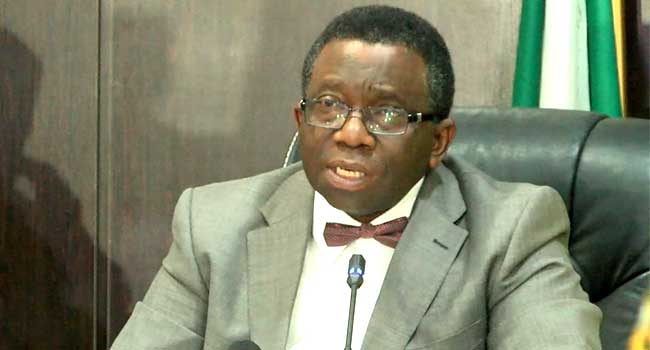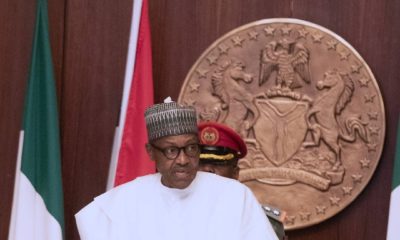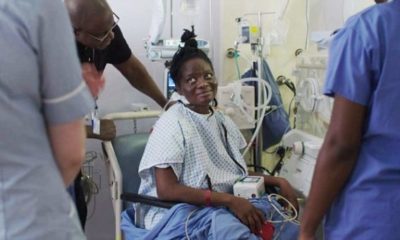News
FG loses $1bn yearly to medical tourism – Dr. encourages Nigerians to look for “local solutions” due to Recession
Dr. Charles Ugwuanyi, a Consultant Neurosurgeon with the Wellington Neurosurgery Centre, Abuja, says that Nigeria loses 1 billion dollars annually to medical tourism abroad.
Ugwuanyi made this known in an interview with the News Agency of Nigeria (NAN) on the sidelines of the ‘Wellington Foundation fourth annual CME Course’ on Saturday in Abuja.
He called on the government to create enabling environment in the country to reduce the trend and make more Nigerians visit hospitals within the country to access quality health care.
“The country is losing at least one billion dollars on annual basis to medical tourism abroad; if we reduce the trend and retain that money in our health industry, it will move us forward.
“Let Nigerians know that those countries they are going to for medical tourism have also passed through this stage that we are now.
“We need to look at what they did to pass that stage; the government should create an enabling environment by encouraging medical insurance and private investors to provide and maintain those services.
“Also to reduce the trend, there should be equal local opportunity; all hands must be on deck by the Non-government organisations, private investors and of course the government,” Ugwuanyi said.
He urged the government to look at the reason why people go abroad for medical treatment and create similar opportunities in the country.
According to him, such opportunities will encourage Nigerians to look inwards for local solution to their health challenges.
“There is no better time than now that we are suffering from economy recession that we need to look for local solutions to our problems.
“This will mark the beginning to the reversal of medical tourism to foreign countries,” he said.
The Neurosurgeon also said that ‘circulation disorder’ in children is common in the environment.
He said lack of awareness was responsible for reason most parents brought their children at the late stage of the disorder to the hospitals.
“When they present their children to us late, there is not much we can do because the child will have already lost the viable neurology; at that stage, the brain is already death.
“There is nothing we can do to replace the brain; there is no brain transplant, but these are problems that can be corrected at early stage, either before conception or after delivery.
“However, at the Wellington Centre, there is a new equipment called ‘Medtronic Neuro Navigation System;’ these machine is used to treat circulation disorder and hydrocephalus in children.
“In the last one month, the centre has successfully treated four cases; it is so nice, so good and increases precision and accuracy operating the human cerebrum,” Ugwuanyi said.






















